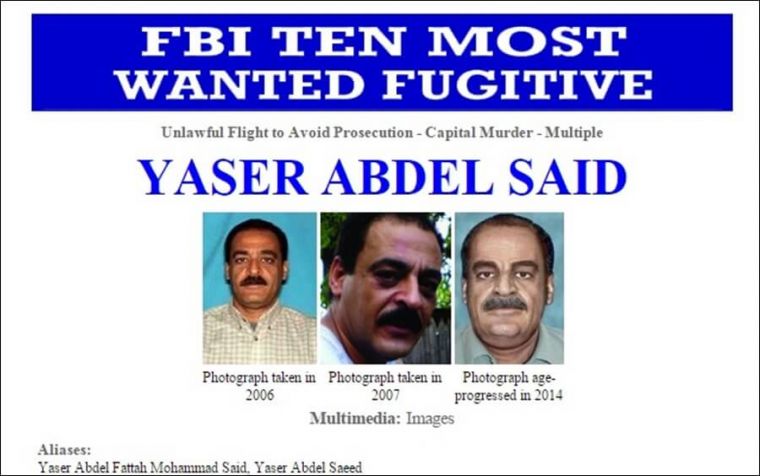'Honour killings' by Muslims in U.S. often unreported, hidden in crime stats, due to family's shame, says government report

There are an estimated 27 victims of "honour killings" committed by Muslims every year in the United States but these are often unreported due to the family's shame.
The cases are hidden under cases labeled as domestic violence motivated by radical interpretation of Islam, according to Fox News.
Honour killings and violence are among the most secretive crimes where typically men victimise their wives and daughters because of behavior that are seen as anti-Islam.
"Cases of honour killings and/or violence in the U.S. are often unreported because of the shame it can cause to the victim and the victim's family," said Farhana Qazi, a former U.S. government analyst and senior fellow at the Center for Advanced Studies on Terrorism. "Also, because victims are often young women, they may feel that reporting the crime to authorities will draw too much attention to the family committing the crime."
Cases that can be seen as honour killings like the January 2008 murder of two Texas sisters whose father is tagged by the F.B.I. as a suspect are not 100 percent linked to a religious act.
"Honour Violence Measurement Methods," a Department of Justice-funded report released in November last year, said there are four types of honour violence: forced marriage, honour-based domestic violence, honour killing, and female genital mutilation.
The report said there are about 23 to 27 honour killings in the U.S. yearly and that 91 percent of the victims in North America were murdered for being "too Westernised" with the father always involved.
Experts say for every honour killing, there are instances of physical and emotional abuse in the name of Islam.
"Typically seen in the form of physical or emotional abuse, rape or kidnapping, honour violence also includes harmful practices such as female genital mutilation (FGM) and forced marriage. In extreme cases, murder," according to Stephanie Baric, executive director of the AHA Foundation, founded by women's rights activist and FGM survivor Ayaan Hirsi Ali.
She added, "In sharp contrast with domestic violence, families and communities often condone honour violence, which makes it more difficult to identify and stop."
Women are generally the victims of honour violence but some men also become one when they refuse arranged marriage or assumed to be gay.
Fox News said in 2012, 19-year-old Aiya Altameemi's mother, father and sister were charged for beating her because she did not want an arranged marriage with an older man.
Police who investigate apparent honour crimes treat these as regular crime or murder under domestic violence.
Detective Chris Boughey of Arizona recalled an incident in October 2009 when Iraqi immigrant Faleh Almaleki ran over and killed his daughter, Noor Almaleki, for becoming "too Westernised."
"In the Almaleki case, I learned very quickly that we would receive no assistance from the family," Boughey said. "In fact, we received out-and-out defiance and resistance. Although we know they are involved, it can be very hard to prove in a court of law."
There are an estimated 11,000 cases of honour violence in the United Kingdom in the last five years.
Baric said with the influx of immigrants from Middle Eastern and South Asian countries where honour violence is part of the culture, the problem is expected to worsen.











